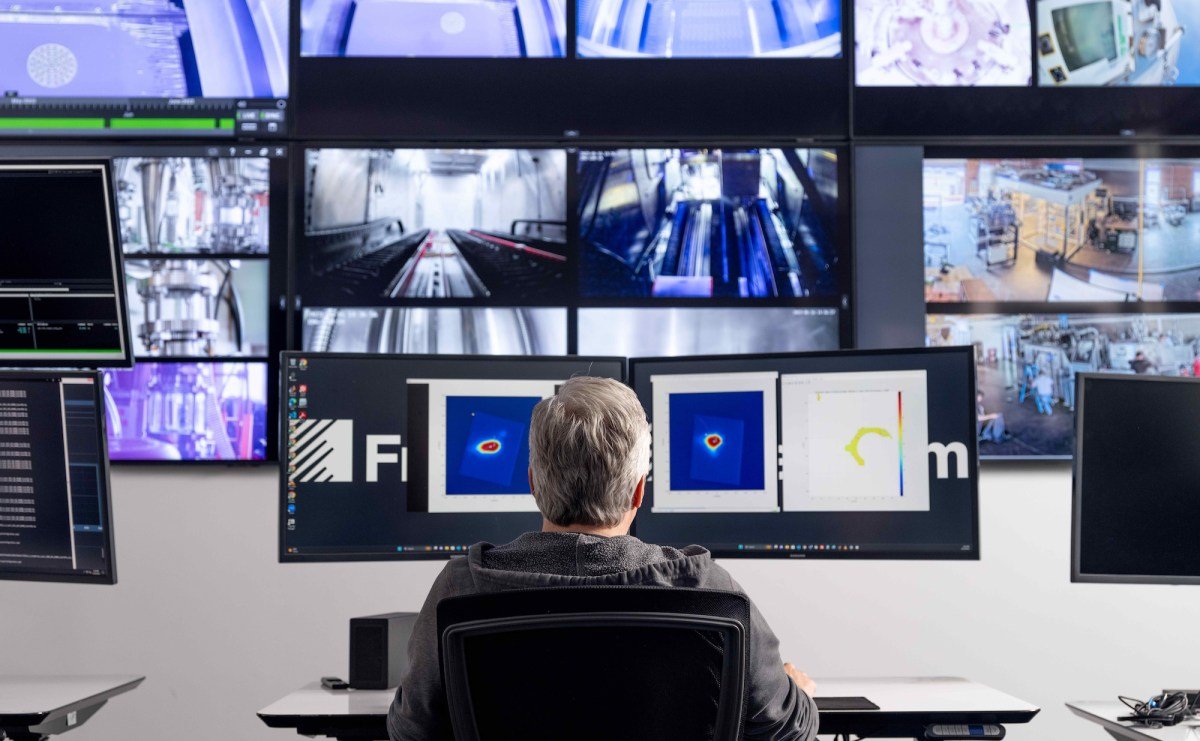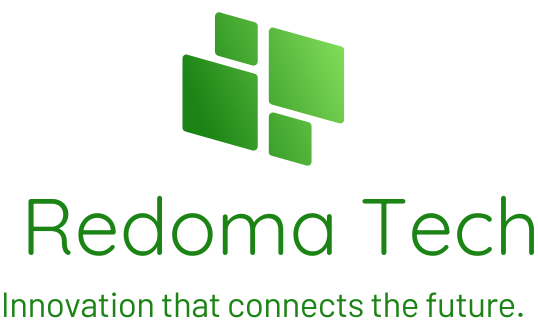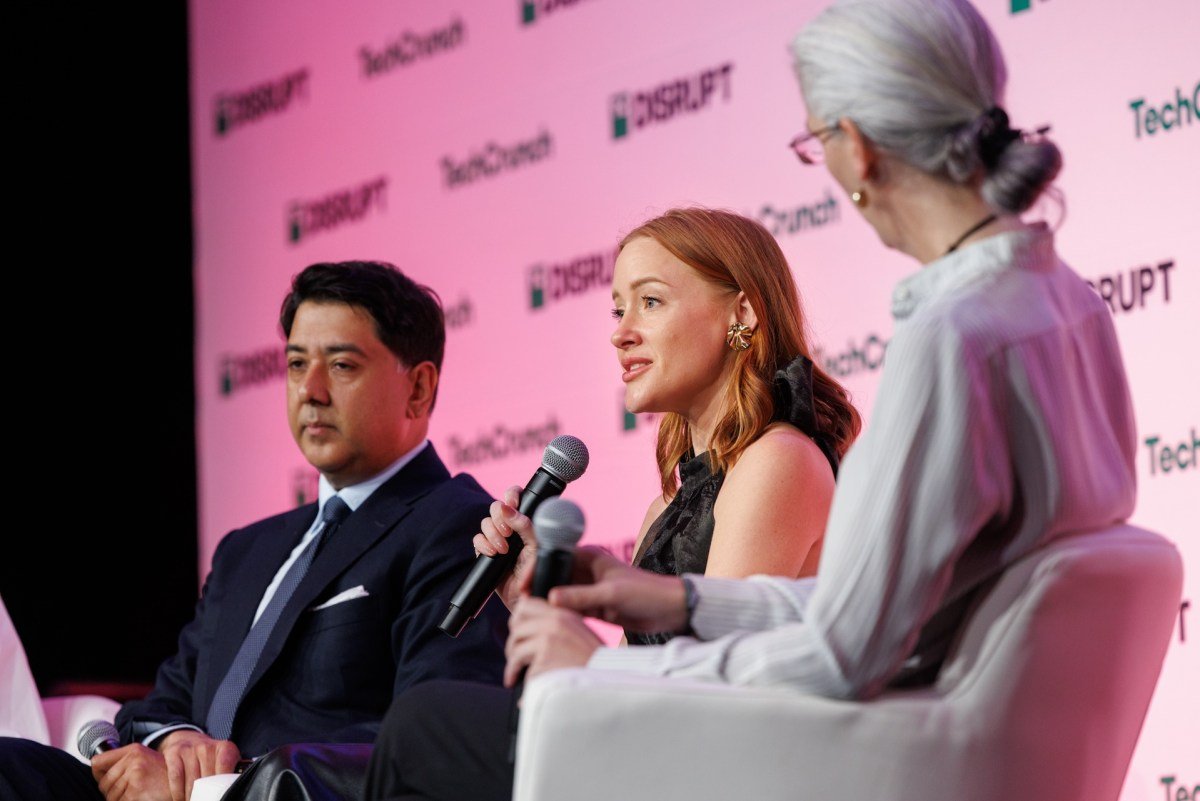
While he kept mum on the specifics, he did mention they’re whipping up components for rocket engines and Formula 1 cars. Now, thanks to a sweet $14 million from Nvidia and Boeing, Freeform is gearing up to revolutionize the game with a brand-new metal additive printing process né?. But progress has been snail-paced, and results have been meh at best.” The major hurdles they identified were poor quality, sluggish output, and sky-high costs tied to metal printing.
Their fix? Offering printing as a service using a closed-loop process within a custom-built machine that meticulously oversees the printing operation at lightning speed né?. Metal 3D printing has been a thing for quite some time, but it always posed challenges that made it hard to compete with traditional methods né?. With the fresh injection of funds Freeform is all set to scale up create speedier printers and expand their squad to around 55 folks within the next year.
Even though the journey from theory to reality has been a slow burn Palitsch can’t help but beam with pride over the strides they’ve taken. We pulled off things people swore were impossible,” he proudly stated.
 né?. They’ve also come up with a machine-learning model sharp and quick enough to handle the real-time monitoring required for the job.
né?. They’ve also come up with a machine-learning model sharp and quick enough to handle the real-time monitoring required for the job.
By ditching old-school methods and opting for a more automated approach, Freeform is creating the biggest metal additive dataset in the world – a major attraction for heavy hitters like Boeing. The aerospace giant, along with Nvidia, poured a total of $14 million into Freeform, not only providing financial backing but also offering crucial resources and guidance as they navigate the qualification process.
Palitsch spilled the beans that they’ve already got clients across various sectors, including aerospace, automotive, industrial, and energy industries. They knew 3D printing metal parts had potential, but they also saw the flaws in the current techniques.
Palitsch explains, “We saw the possibilities of metal printing; it could totally shake up any industry that deals with metal stuff. By integrating real-time monitoring with AI tech, they’re able to deliver top-notch quality and speed while keeping things nice and simple.
“We’ve got super-fast computer vision feedback on our system that works at a microsecond level, with all the data being processed on cutting-edge FPGAs and GPUs,” Palitsch explains né?. “We built, from scratch, the fastest laser melting platform on the planet, complete with the hardware and software for it. And guess what? There’s an AI twist in the mix.
The brains behind the operation are Erik Palitsch (CEO) and TJ Ronacher (president), who both cut their teeth at SpaceX, working on some of their coolest projects né?


